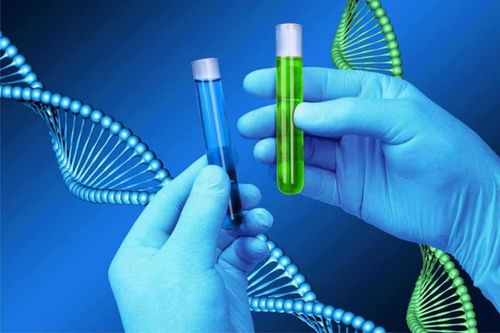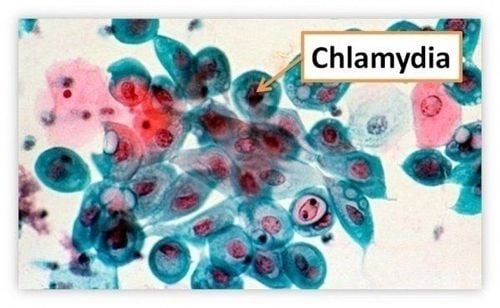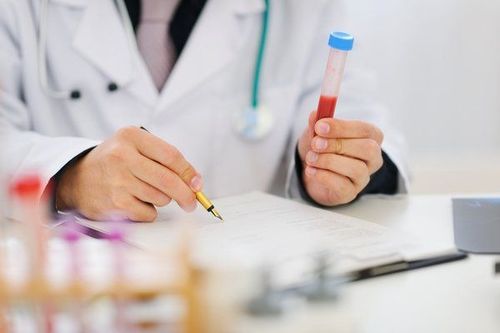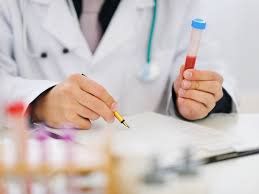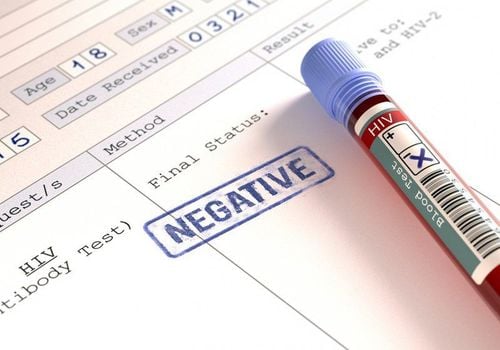This is an automatically translated article.
The article was professionally consulted with MSc Tran Thi Vuong - Doctor of Microbiology - Laboratory Department - Vinmec Hai Phong International General Hospital.PCR is a modern test that investigates the presence of bacteria at the molecular level. Currently, this test is widely used in the diagnosis of some infectious diseases. In particular, PCR shows an important role in finding gonorrhea and chlamydia bacteria to identify the disease with very high accuracy.
1. What is Realtime PCR Test?
Real time PCR (polymerase chain reaction) is a method of molecular biology techniques. The principle of this test is based on the fusion of components of the genetic material of microorganisms. By designing primers specific to the pathogen's nucleotide sequence, creating an amplification medium and then detecting cloned copies. PCR for gonorrhea and chlamydia is usually a qualitative test that only recognizes the presence or absence of gonorrhea and Chlamydia DNA.This whole process is artificial (invitro), done in a laboratory environment in a test tube. Scientists simulate the natural environment, providing the necessary materials and conditions for the proliferation of the genetic material of microorganisms.
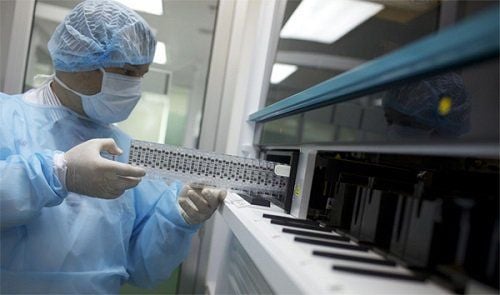
2. Applications of PCR
Since its inception, the quantitative sequence fusion technique in laboratories has experienced an extremely powerful development, marking the advancement of the field of applied genetics. The technique is widely used in many branches of science and biology. In particular in the medical aspect, the diagnosis, treatment monitoring as well as basic research have become very convenient thanks to PCR technique.The role of PCR technique in Medicine is most prominent in its application in diagnosis, especially in infectious diseases, cancer as well as abnormalities in genetic material. Moreover, by facilitating the synthesis of genetic material, not only can the diagnostics described above help scientists, but also clinical quantification and genotyping, antibiotic resistance of microorganisms.
3. PCR test for gonorrhea and chlamydia
Chlamydia and gonorrhea (Neisseria gonorrhoeae) are two of many very common sexually transmitted diseases. In fact, there are many different ways to detect these two types of bacteria such as rapid test, endoscopic staining, using antigen-antibody reaction or bacterial isolation culture... Each method has its advantages. Certain advantages and disadvantages, for example, the rapid test method, endoscopic staining will give quick results and low cost, but this method has low sensitivity and specificity (about 80%), especially at the early stage. newly infected.Meanwhile, testing Chlamydia - Gonorrhea using Realtime PCR is considered the best method today. Previously, it was necessary to do 2 PCR reactions to detect these 2 agents independently. Currently, multiplex PCR can simultaneously detect both these bacteria and a number of other pathogens causing genital tract infections. Only then can the correct treatment be selected.
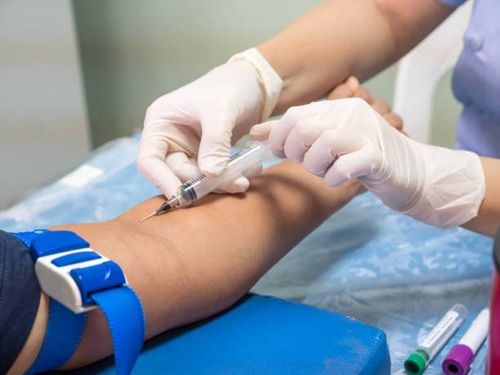
4. How is the Real Time PCR test for gonorrhea and chlamydia performed?
Subjects who have ever had sex are at risk of contracting Chlamydia or gonorrhea, including homosexual activity. In particular, when going to the doctor because of symptoms of painful urination, urinary urgency, pus discharge, strong-smelling fluid... and unsafe sexual behaviors, the patient should be assigned to perform PCR. Not only that, the PCR test again after two weeks of treatment is also necessary to evaluate the effectiveness.PCR test for gonorrhea and Chlamydia is done through a specimen of secretions from the male and female genital organs. Specimens are taken by a specialist with a sterile cotton swab. After sampling with a sterile cotton swab or a specialized genital secretion brush, the specimen will be transported to the laboratory within 2 hours. If not shipped immediately, can be refrigerated for 4-6 hours.
Where genital fluid cannot be obtained, a first-line urine sample may also be used. In this case, the first urine should be collected as soon as you wake up, or the first urine should be collected after holding the urine for at least 2 hours.
In general, the Real Time PCR test, although widely applied, is still an advanced test, requiring modern equipment, standard laboratories and highly qualified staff. Because the results are meaningful in the diagnosis, the PCR for gonorrhea and chlamydia should be done at a reputable hospital to ensure your health and confidentiality.
Please dial HOTLINE for more information or register for an appointment HERE. Download MyVinmec app to make appointments faster and to manage your bookings easily.





